Your resume showcases your experiences and what you’re capable of doing or handling in your new job. Be sure to create a show stopping resume by including the most relevant and insightful pieces of information about you. Below are some pointers to keep in mind when creating your resume.
- Be accurate and honest. Don’t omit jobs from your resume to hide them.
- Prepare a reverse-chronological resume, with the most recent employment at the top. Functional resumes are desirable for consultants.
- Do not list your work phone number unless you are willing to take the risk that someone will call you at work and announce that he or she has received your resume. The same is true about your work e-mail address.
- If you include an objective on your resume, make sure it is written specifically for the job opening. An inappropriate objective can actually rule you out of a job.
- For each employer on your resume, provide a one-sentence description of the company including its location and size, what it does, and whether it is a corporation, division, branch, plant, service center, etc.
- If you have been promoted while working for a company, list each job to show the accomplishment implied by the progression. Provide dates for each position.
- If you have worked for a company both before and after a change in ownership, generally you will not list both companies separately, but will indicate the corporate change.
- Use action verbs whenever possible.
- Many companies have their own jargon for reports and activities. Instead of using terms others will not understand, replace them with terms that are more widely used and understood.
- A section called “Computer skills” or “Software skills” is a good place to summarize the software technologies with which you are proficient.
- If you are a college graduate, do not list your high school education.
- Include activities with professional and trade associations, special skills and recent courses taken if they relate to the job opportunity.
- Exclude personal information such as marital status, age, social activities, and personal, or religious philosophies.
- Do not list references on your resume or state: “References available on request.” If interviewers want your references they know to ask you for them.
- If an ad requests a salary range, include it in the cover letter. Do not give salary information.


